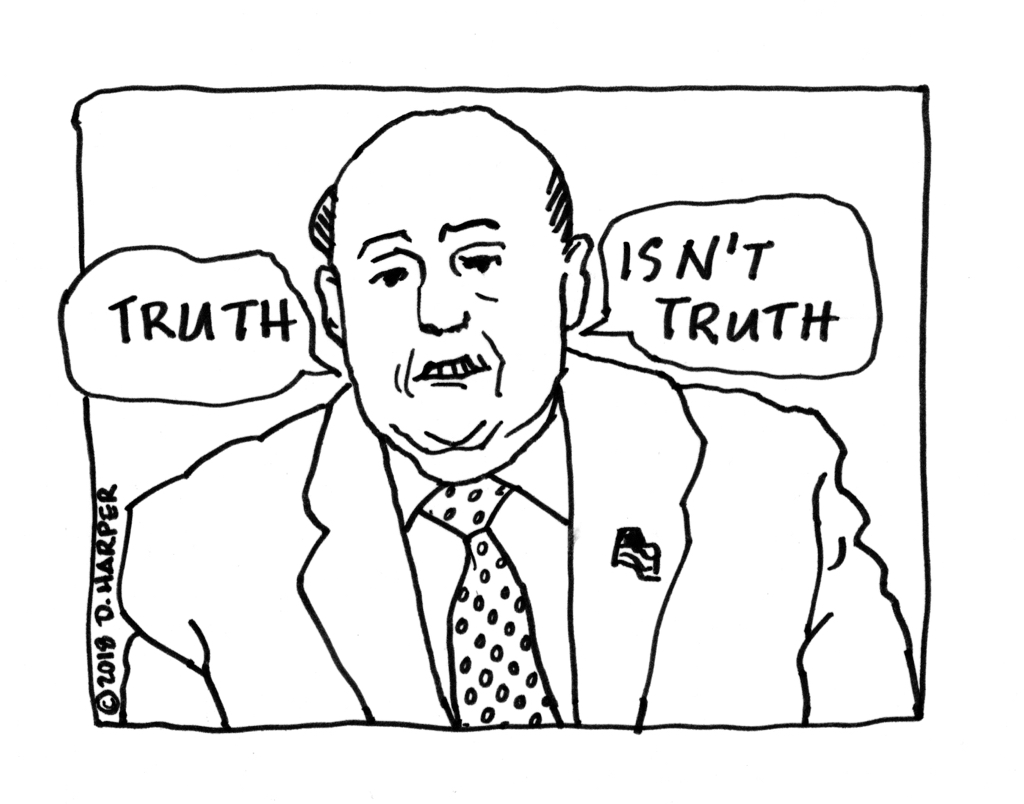The sixth-largest church in the U.S., Willow Creek Community Church, with an average weekly attendance of over 25,000 people, continues to be rocked by the sexual misconduct scandal involving its founding pastor, Bill Hybels.
Hybels was due to retire in October of this year. However, faced with a growing number of allegations that he engaged in sexual misconduct with multiple women over a period of more than a decade, Hybels abruptly departed from Willow Creek in April.
And today, the evangelical publication Christianity Today reports that Steve Carter, one of Hybels’s “heirs,” has resigned from Willow Creek. Carter announced his resignation on his blog, where he says in part:
“Since the first women came forward with their stories, I have been gravely concerned about our church’s official response, and it’s [sic] ongoing approach to these painful issues. After many frank conversations with our elders, it became clear that there is a fundamental difference in judgment between what I believe is necessary for Willow Creek to move in a positive direction, and what they think is best.”
Dramatically, this post is time-stamped mid-day Sunday, and Carter says that he did not appear at Willow Creek today, though he was scheduled to do so: “I wish I could appear before you to say goodbye. I wish I could tell each of you, personally and individually, how much I treasure the time I have been able to serve you. But it would be misleading of me to stand on that stage as if presenting a unified front. I defer to the wisdom of the leadership of this church, so I must stand aside.”
So why did Carter step down now? Back in July, the governing body of Willow Creek — the “elders” — issued public apologies for the way they handled the misconduct allegations against Hybels, as reported in the Chicago Tribune.
Perhaps Carter wanted to elders to go further than they were willing to go. Or perhaps — well, we could speculate for a long time, and not come to any firm conclusions. But I’ve had my own experience serving a (much smaller) church in the midst of allegations of misconduct against a previous minister, and I’ve talked with a number of other ministers who have been in that same situation. And if you’re a clergyperson in a congregation where there are credible allegations that your predecessor engaged in sexual misconduct, you’re going to be in the hot seat. You’re going to be caught between people who want to forget about the whole thing, and people who demand a full investigation and retribution. You’re going to worry about the many quiet people who are coming to church with big problems of their own and don’t want to have to get embroiled in a messy conflict that they feel dosen’t concern them.
I have found such congregations to be very interesting places in which to do ministry because you’re all grappling with big moral and ethical questions, and you’re all facing up to primal emotions like shame, guilt, and fear. These are places where we can all become aware of the limits of human organizations, and figure out how to hold each other accountable for the inevitable moral lapses we all make; figure out how to make promises to one another, and what to do when, inevitably, someone breaks those promises.
At the same time, such congregations can be exhausting places for clergypeople to work. And sometimes clergypeople find that the congregation wants them to make moral concessions they aren’t willing to make. Who knows the actual reasons why Carter resigned — but it can’t be easy for him, or for people at Willow Creek who liked him.
This is a news story that’s worth following for anyone who cares about congregational life — it’s not often that we get this much of an inside look into a clergy sexual misconduct story. And it’s maybe a chance to learn, in case we find ourselves in this kind of situation some time in the future.
Update: Warren Throckmorton reports on August 8 that lead pastor Heather Larson is resigning from Willow Creek; and by the end of the year all the elders will also step down. Throckmorton says: “The news of the elders and Ms. Larson stepping down was greeted with loud applause from the members of Willow Creek gathered in the meeting.”
More on this story:
Statements from two accusers here. (And thank God for the #MeToo movement; I have to think that has empowered at least some of the accusers to come forward.)
How John Ortberg, another male megachurch pastor, set a good example by calling out Hybels and Willow Creek Church — story here.
The Christian Feminism Today blog has some interesting comments here.
Finally, an interesting analysis by Mike Insac, “Why Churches Disbelieve Victims and Believe Pastoral Abusers” — Insac writes from a Christian “Biblical egalitarian” point of view, but theology aside, what he says applies to a wide range of congregations.






